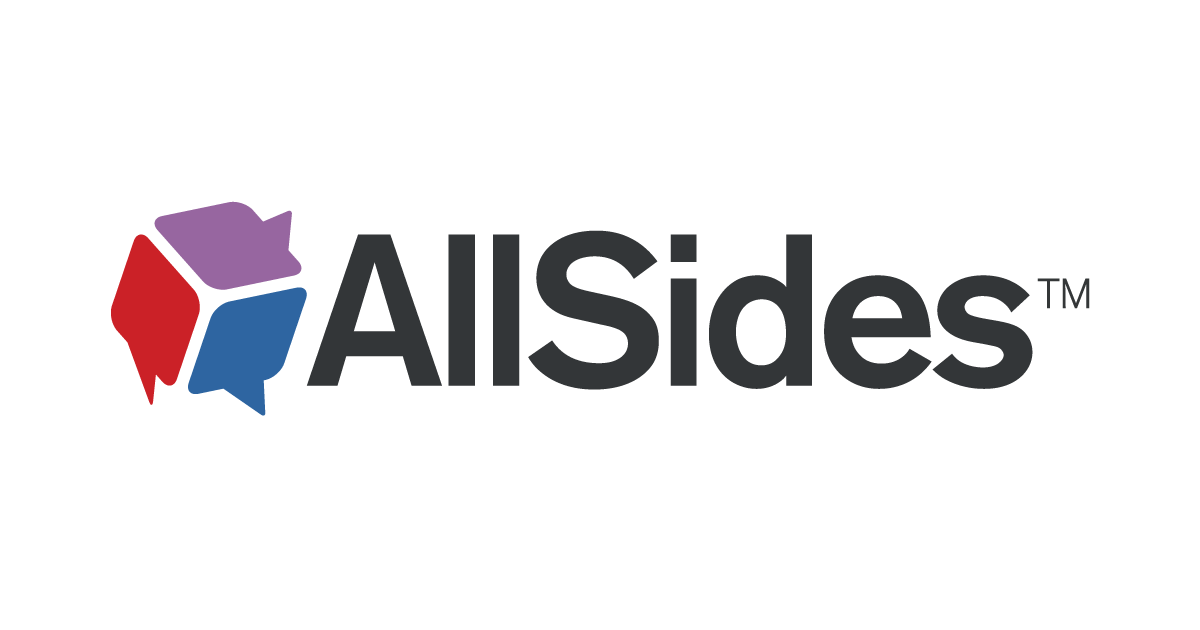Native Data Sovereignty Can Address Data Gaps and Improve Equity

Original image not available
Data collection is critical to equitably and responsibly supporting people’s well-being. But traditional research and data collection methods often extract from, rather than support, Native communities. The resulting poor-quality data harm Native populations on and off reservations through underfunding, less access to supportive services, and widening disparities in public health and poverty.
Insufficient data on Indigenous populations is often cited as a reason behind the inability for evidence-supported decisionmaking. But researchers can break from this circular logic and shift toward a Native-centered approach, one that acknowledges both a wider definition of data and that Indigenous peoples are, and have been, expert data collectors, keepers, and users for thousands of years.
Increasing representation and equity among Native peoples involves supporting their transition from dependence on ill-fitting data systems—those that can’t reach them, don’t apply to them, and don’t reflect their lived experience—to data sovereignty: the right of Indigenous people and nations to govern the collection, ownership, and application of their own data. From a research and policymaking standpoint, supporting this sovereignty requires being a tenacious, resourceful ally.
